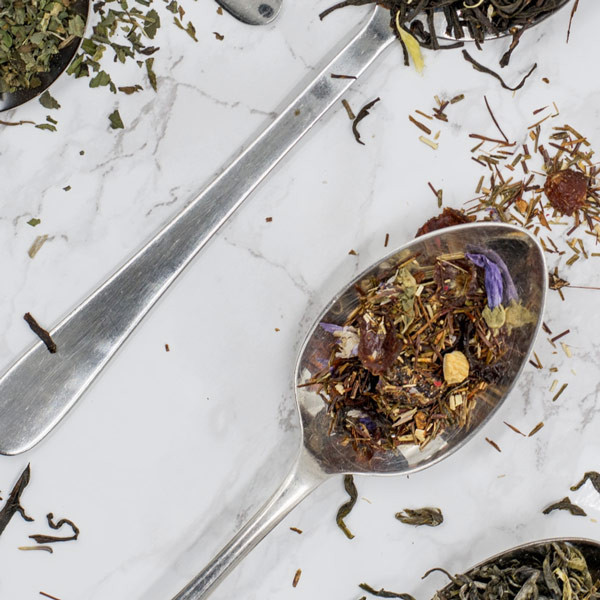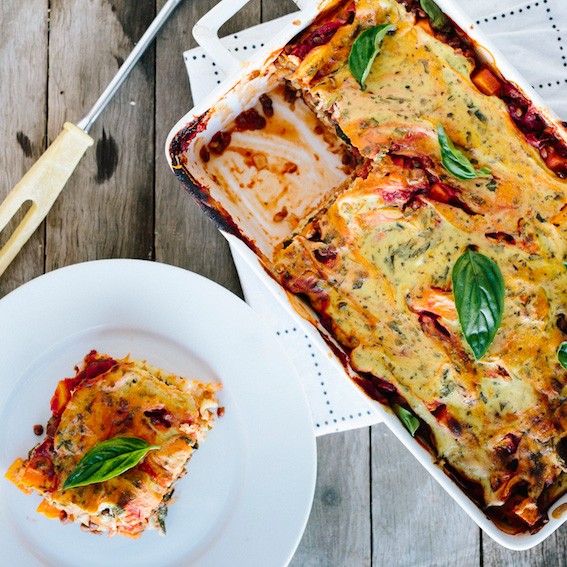Protein is an integral part of a balanced diet, providing the building blocks for the human body and is central to repair, building bones and muscle. One of the first concerns for vegans is meeting their protein requirements due to the significant reduction in the most abundant sources of protein (meat).
A well-planned vegan diet can meet the requirements for protein and there are a wide range of non-animal foods that can provide an adequate mix of essential amino acids and complementary proteins.
In order to achieve this balance, the goal is to be ticking off as many food groups and covering a wide range of nutrients each day.
To help you plan your day and optimise your nutrition here are the top plant-based foods that contain a high protein content per serve.
Tofu, Tempeh, & Edamame
These are all derive from soybeans. Soy products are amongst the highest protein sources for a vegan diet and are a whole source of protein containing all the essential amino acids.
The following ½ cup serves contain a good amount of protein, iron and calcium:
- Tempeh has a nutty flavour compared to tofu and contains 15g of protein (This serving would be similar to 2 eggs, which contains 14g of protein. Pretty similar!)
- Tofu comes in two varieties, soft and firm, and contain 10g of protein
- Edamame beans are immature soybeans and contain 8.5g of protein
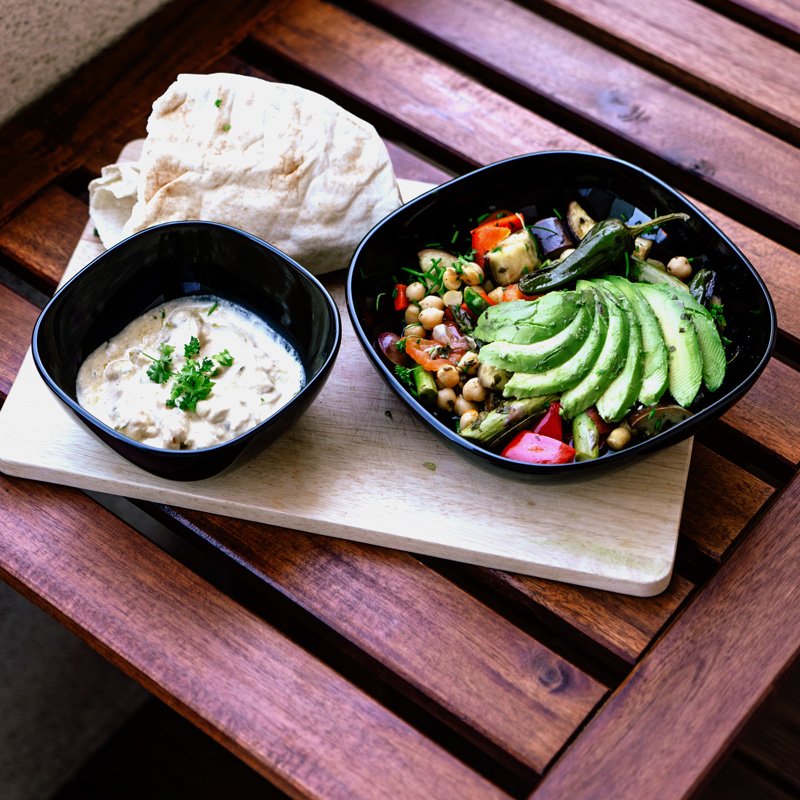
Lentils, Chickpeas and Other Legumes
Lentils and chickpeas are a great source of protein adding ~20g for every cup. Plus, they contain key nutrients such as iron and potassium, and plenty of prebiotic fibre that is good for your gut.
In addition, they have long been established as a food that assists with managing weight, enhancing fullness, and preventing the development of chronic diseases.
Chickpeas and lentils are very versatile and can be added to salads, stews, curries, or even bean dip! They are a cheap and convenient option, and a good way to add value to your health and your back pocket.
Nuts and Seeds
There is between 5-7g of protein in about 30 grams of nuts and seeds, depending on the variety. This is equivalent to ¼ cup of nuts and 1 ½ tablespoons of nut paste.
Nuts and seeds are a great source of healthy fats, fibre, iron, and other micronutrients so are considered an integral part of any vegan diet.
They’re versatile and can be added to salads, smoothies, cereals, raw cheesecakes, stir-fries, trail mix, eaten on their own…. The options are endless!
Soymilk
Soy milk is a great high-protein plant alternative to cow’s milk. In 1 cup of soy milk, there is 7g of protein, which is very similar to the amount in a cup of full cream cow's milk (9g).
It is the best option when considering the nutritional profile of other milks/mylks available, so if you are struggling to meet your protein requirements, consider making the switch to soy.
Hemp and Chia Seeds
Hemp seeds have only recently been approved for human consumption. Since then they have become a popular food item, being added to cereals, trail mixes, and as a topper for smoothie bowls.
Chia seeds are also a common addition to many people’s diets, with their gelatinous nature and crunchy texture they have become a popular nutrient-packed addition.
Both hemp and chia seeds are a complete source of protein, containing 3-5g of protein in one tablespoon along with all the essential amino acids your body needs to repair your muscles.
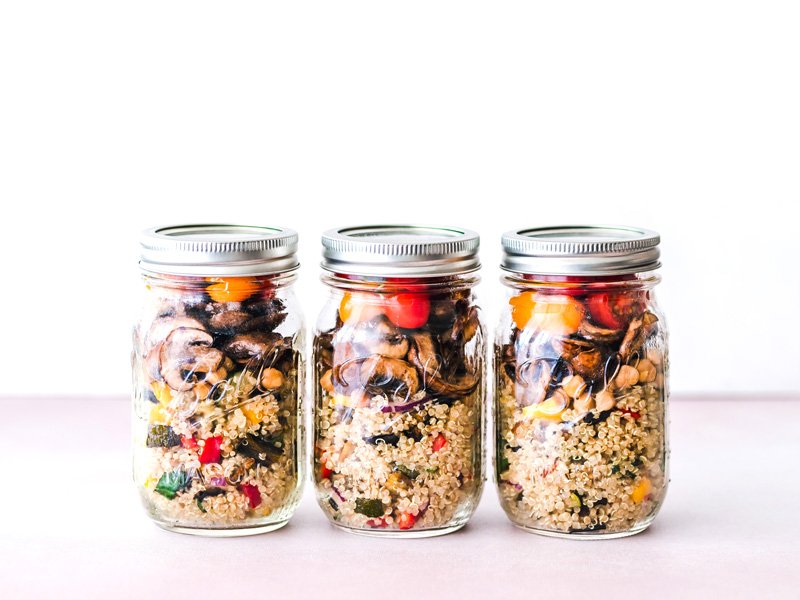
Quinoa
Quinoa is a pseudo-grain, meaning it contains a mix of protein, fat and carbohydrate. It is essentially a seed rather than a grain but still packs a good protein punch at 4g of protein per ½ cup serve. Quinoa can be prepared and eaten in similar ways to grains, enjoyed as a risotto, as a side to curries and stir fries, or added to salads to a more filling meal.
Vegetables
Vegetables contain protein but it is usually in small amounts. Vegetables that contain the greatest protein content include spinach, broccoli, mushrooms, asparagus, potatoes and brussels sprouts.
These foods, when cooked, contribute about 2-3g of protein per ½ cup serve. Whilst this can definitely add up, we recommend you opting for other higher protein foods first then top your meals up with these vegetables.
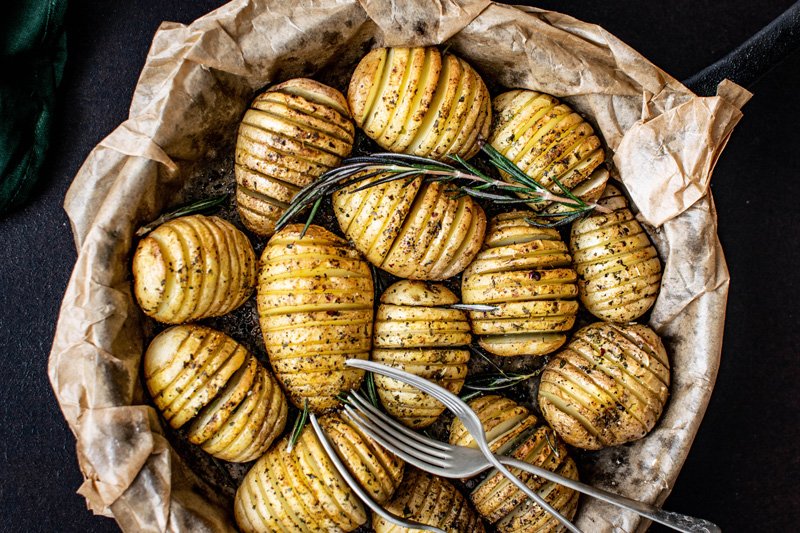
When following a vegan diet it is crucial to pay attention to the amount of protein your body needs in order to keep it functioning at its best. In combination with other protein-rich foods, the above suggestions can help you to meet your daily protein requirements.
For a range of protein powder options we recommend taking a look at the range by Nutra Organics.
For tailored and specific dietary advice make sure to get in contact with one of the dietitians from Fuel Your Life, or search the Dietitians Association of Australia to find one near you.
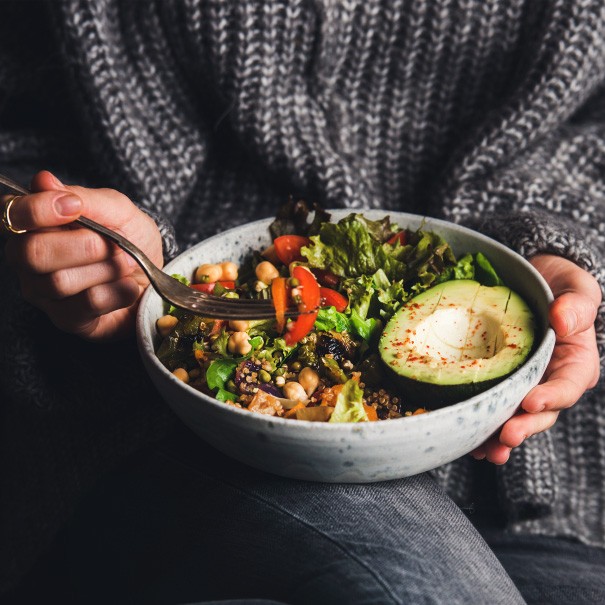
Love Health?
From recipes, trends and discounts, expect great things via email this month.
More Great Reads!
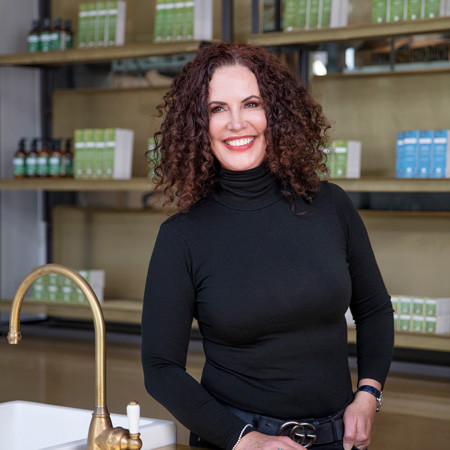
Behind The Brand: Antipodes

How-To Guide for Psoriasis Care & Treatment
Recipes We Love!
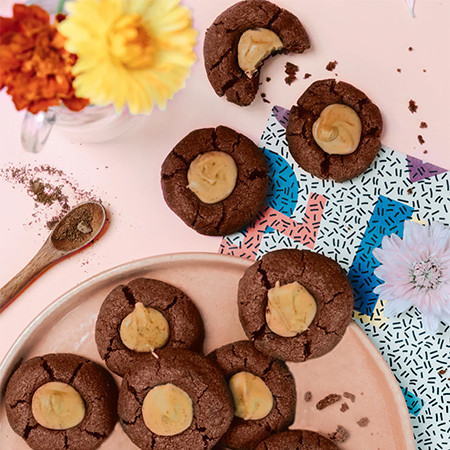
Clever Cookies







